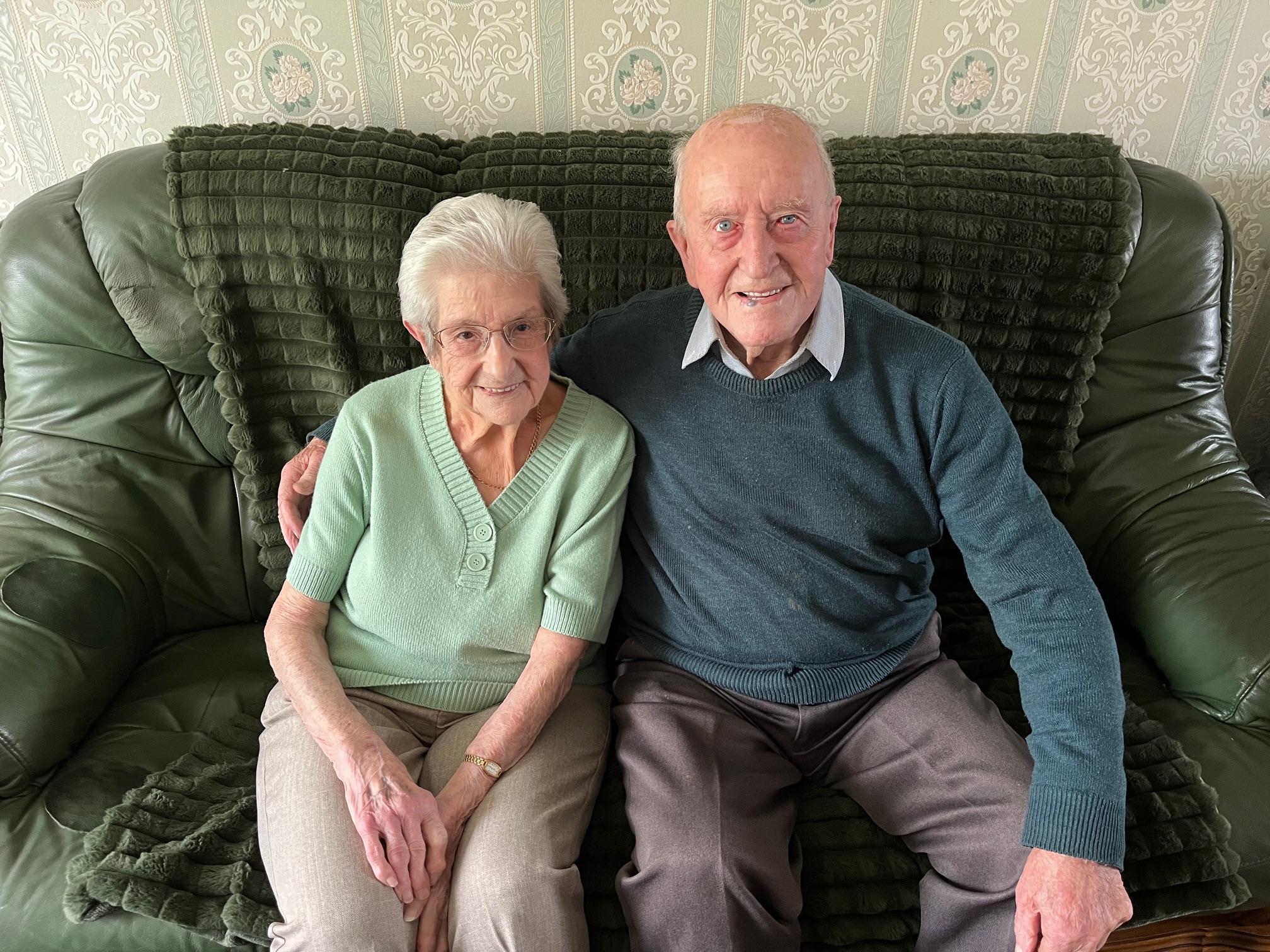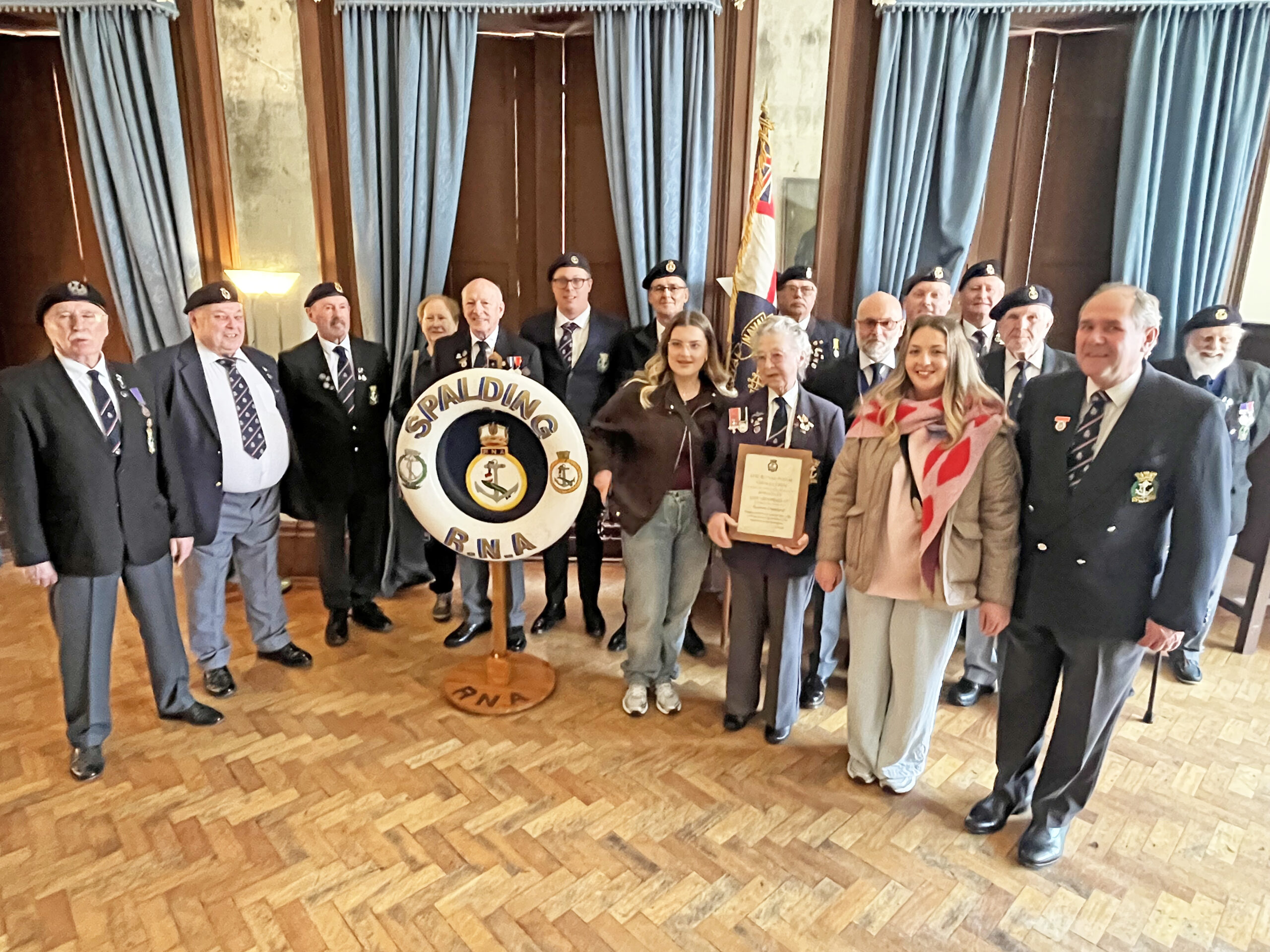The original justification non parliamentary work experience outside the Westminster bubble was the opportunity for MPs to experience the pressures of contemporary life is now increasingly threadbare.
The arrangements ensure that MPs who are members of the Government cannot be accused of clashes of interest.
An MP’s salary is now totally inadequate. Variable expense allowances that enable the Honourable Members to properly represent all their constituents are more closely scrutinised.
An MP’s employability is enhanced less by any technical knowledge before becoming a MP but through their knowledge of how policy is formulated, the legislative process and how the parliamentary clerks and civil service bureaucracy works.
MPs develop contacts and connections with other parliamentarians, parliamentary clerks, civil bureaucracy, lobbyists and media personnel.
This knowledge is valuable.
Such soft power has always been endemic in all societal institutions. Fortunately venal corruption ‘brown envelope jobs’ in Britain is much less widespread than people suppose corruption through familiarity exists and is reflected in everyday language – ‘It’s not what you know but who you know that counts, you scratch my back, jobs for the boys, cash in hand, favours for acquaintances, friends, fellow members of socially exclusive groups. MPs have access to such soft power.
In the early 18th Century venal corruption and influence was rife in the British Judiciary. The problem was addressed by paying judges high salaries and a robust imposition of strict professional standards.
If trust in the British political system is to be restored a sensible start could be made by a substantial increase in MPs’ pay and the salary of official government posts.
This could be financed by implementing the draft legislation to reduce the number of MPs from 650 to 600.
The Parliamentary Expenses Office would become the mortgage lender for those MPs entitled to a second home allowance and that allowance would remain fixed while an individual remained an MP. Any capital gain would be returned to the state.
Voluntary commitment undertaken by MPs should be on the same basis as that of the thousands of unpaid volunteers whose work helps to sustain Britain’s social cohesion.
Will MPs cull their numbers and reduce their costs to help fund their higher salaries? What do you think?
Paul M Walls
Spalding






